Mathematics
Intent and Aims
In Maths we continually build on a pupil’s prior knowledge, from the end of KS2 all the way through to KS5, through a well sequenced, engaging and ambitious Curriculum. We follow the National Curriculum and spiral students learning so that skills, knowledge and understanding are all strengthened and improved upon as students’ progress through the course. We regularly factor in number and algebra lessons at key points in our scheme of learning as these skills underpin so many others.
Each unit of work begins with a short-diagnostic assessment before we take students' learning further. Success in learning is shown through frequent Quality Marked Assessments (QMAs). Homework is an important part of leaning and promotes independent and successful learning. We set homework on a weekly basis to embed mathematical skills which are crucial for exam success. We also use a variety of software packages so that our students can further improve, explore or research their mathematical skills at any level.
Our curriculum has been designed to build and strengthen links between all stages of learning and embed skills that will help all students to be successful in what they choose to do, and for some, feel inspired to take their studies further in a related Mathematical field.


